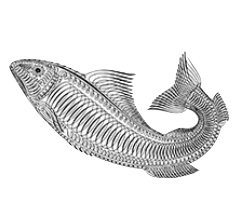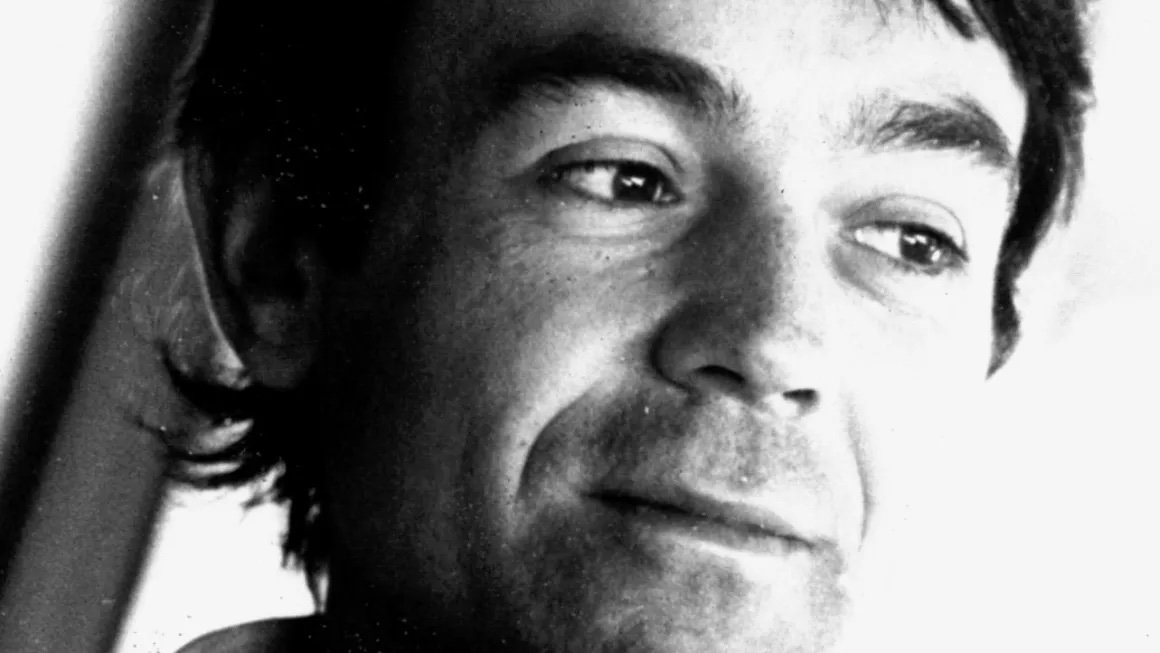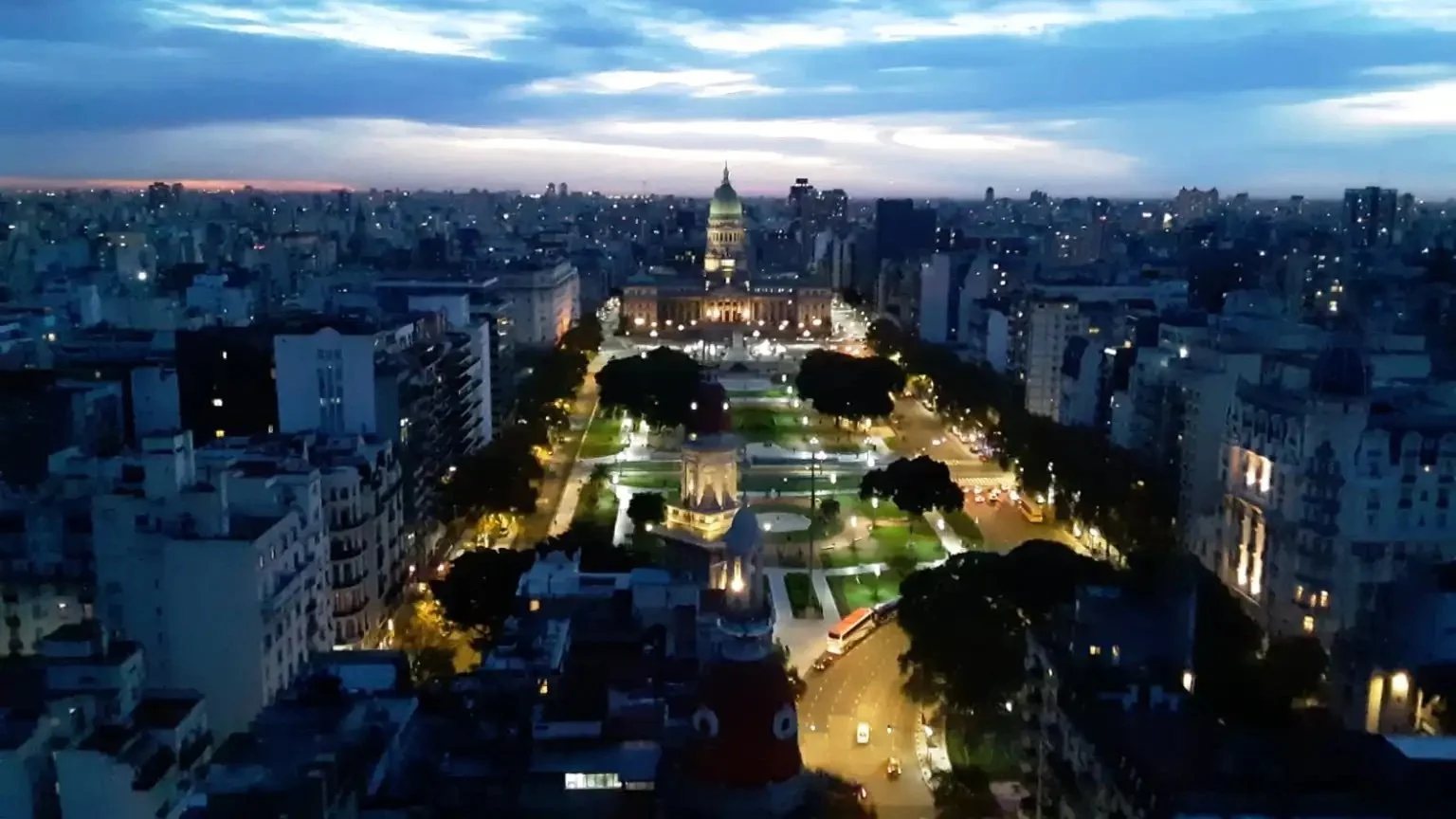The Haunting Season
This place is haunted. Or it could be, with its bravado of wind and rolling whitecaps and the rhythm imbued by waves slapping the rock wall. All an implication of […]
Notes on Discontent: Instagram, Desire, and the Digital Nomad
In Madame Bovary, Emma’s desire comes from the novels she reads. These novels are so full of fantasy that they lead her to a life that bucks the status quo […]
Reclaimed Swamp
Hurricane seasons are like children, so you micromanage your first with a dizzying array of safeguarding steps. As you nail plywood to your windows, fill every container you have with […]
Diagramming Desert Ecstasy: Notes on Confetti
The diagrams below are excerpted from Emmalea Russo’s new book of poetry, Confetti (Hyperidean Press, 2022). Confetti begins and ends with ecstatic sunrises/sunsets in the 1970s, opening with The Texas […]
2022 Spring Contest Runner-Up: Widowing
At twenty-three, I already know that I am going to outlive every man I fuck. I am going to outlive my mother and my father. I am going to outlive my sisters. Both of them. The older and the younger one. I am going to outlive the gray squirrel on the pine tree outside my apartment window as well as the mailman who delivers my Amazon package of Certain Dri fragrance-free solid deodorant. So far, I have already outlived each of my childhood pets. I have outlived one set of my grandparents. I have outlived friends. I have attended one candlelight vigil in the foothills and another in the neighborhood park. I have definitely outlived my virginity.
2022 Spring Contest Winner: Learning to Play
One day the piano in the hallway of our apartment in Berlin began to tease me. I wanted to touch it but I didn’t know how. I had stayed away from black and white keys until this point, the phase in life when you start to regret the chances you have missed more than the mistakes you have made. The next day I asked Konrad, my son’s piano teacher, if he would teach me, too. He shrugged and I took it as a yes.
The Winners of the 2022 Spring Contest
Columbia Journal is excited to announce the winners and finalists of our 2022 Spring Contest, which was judged by Garielle Lutz, Aaron Coleman, Colleen Kinder, and Natasha Rao. We want to thank everyone who entered the contest for sharing their work with us, as well as our four wonderful judges, and express our congratulations to the winners and finalists.
60 for 60: The Last Breath of Paul Celan
The poet Paul Celan died in 1970: he committed suicide by jumping into the Seine. In 2011, Columbia Journal featured “The Last Breath of Paul Celan” in its forty-eighth issue. Why publish a meditation forty years in the gestation? Poets never actually die, to their readers. What fellow poet Ryan Flaherty had to say is not irrelevant; and it is beautiful, too.
60 for 60: Squatter in the House of the Lord
To a certain extent, much of 20th-century thought was taken up by argument about religious faith’s relevance or irrelevance, and this affected literature. T.S. Eliot, for example, wrote that poetry needs a religious tradition behind it in order to flourish. As I’m not a theologian—and I also don’t want to jump to any premature conclusions about the present century—I’ll leave that argument to one side. Since I’m a poet, though, I would venture to suggest that a writer runs a terrible risk if attempting to eliminate all non-rational belief from creative work. I would even recommend a healthy respect for superstitions. I don’t mean we should return to burning witches; but I do mean that a world without Halloween or its analogues would be rather boring. At least metaphorically, writing is a kind of magic, and anti-magical poetry would probably be an unsustainable gimmick.
Notes of a Half-Jewish Daughter
I am in love with Venice. With the laundry hanging outside windows, the surprise squares that open up after crammed alleyways, the roar of boats and sting of salt on your hair, your eyes, your tongue. I am in love with Venice in a way that feels chemical, as if even the smallest strips of my DNA have the city embedded within them, have been programmed to understand it as home.
60 for 60: Yakudoshi
In a pink-painted room, in the throes of grief at my childhood cat dying without being able to say goodbye to him because I was away at college, a kind man wearing a Spirited Away shirt dug a bundle of needles into the thin skin of my wrist and gave me my first tattoo: an outline of a crescent moon in memorial of the cat, who was named Luna. I never wanted to get a tattoo, but in my distress the only thought that comforted me was the idea that I could carry him with me on my body.
In Search of Utopia: A Conversation with Adrian Shirk
“As soon as I start relying on the word ‘utopia’ it becomes a misnomer,” writes Adrian Shirk in the opening pages of Heaven Is a Place on Earth: Searching for an American Utopia. Through a blend of memoir and fieldwork, Shirk examines dozens of communities, experiments, and gestures born from a collective desire to make a better world in response to the ravages of empire and capitalism. Meanwhile, we read about Shirk’s personal quest to find a home of her own, all while trying to endure the American healthcare system and the precarious academic labor market.
Towards a Black Orange
We can call something white, speak of a white city, we know that white is rarely uniform, that it connotes its varieties. But we cannot just speak of green for example. So many greens! The invasive green of vegetation, of Mother Earth. The green of chemistry. Even mineralogy transits between science and earth, the inert and the living. Verdigris evokes organic rot. Iron sulfate is an antibio, non-friable emerald magnifies the finger and the ear. Green of certain skies, green not terrestrial but cosmic. Green robe of the witch according to Michelet, green of the devil’s beauty. Green of soft silk and breakable glass, green paradox of a hard transparency, of a thin wall that lets one see. Hard to paint with green; all the colors are hard. As for the grays, they all have one color, and every color makes it. With gray, Braque builds form-spaces, the one thing I took from him—quite astounding. In a city, it’s always the reverse. Braque is not a decorative painter but the most secretive urbanistic dreamer—and there is no secret. Neither in a painting nor in a city. I do not propose anything, I say we don’t start from scratch, my impression isn’t a program, is even less a critique; I abstain when I cannot applaud. One must replay the whiteness, the flatness, the impossibility of a center, must play out the singular resistance of emptiness and of nothingness without wanting to refill it with the beautiful or the social. It’s up to the walker to be sound.
60 for 60: The Dancing Mariner
It isn’t difficult to want to write about the sea. The open ocean is a cliché that one can’t get away from—at least, I can’t, or don’t, want to. Of the many poems that participate in this ocean-obsession, Coleridge’s weird and wonderful Rime of the Ancient Mariner is about as famous as famous can be. The poem is historically important because Coleridge, by writing in a ballad form, was intending to renew English prosody. (This is at least how he and Wordsworth looked at it.) But the poem is important in another way, too; it’s important because it’s indispensably fun, and certainly unforgettable.
2022 Columbia Journal Spring Contest
The Columbia Journal is delighted to announce that the 2022 Spring Contest is now officially open for submissions in fiction, nonfiction, poetry, and translation. Our judges this year are Garielle Lutz (fiction), Colleen Kinder (nonfiction), Natasha Rao (poetry), and Aaron Coleman (translation).
60 for 60: Never Live Above Your Landlord
Recently, one morning at the crack of dawn, I was awoken by what sounded like a wrecking ball coming through my bedroom wall. It was, in fact, not coming through my bedroom wall, but rather the wall of the building next to me—a complete teardown. Apparently it takes more than one collision to destroy a structure of this size, because the sound carried on for hours, and then days, before transforming into other sounds—bulldozers moving brick, jackhammers splitting pavement, drills puncturing pipes—always rising with the sun. It’s a terrible way to start the day, particularly for a person who finds himself in a bad mood even at the best of times.
60 for 60: Borges on ‘Leaves of Grass’
Democracy is difficult to think about, difficult to write about, and difficult to live. At least, in 2022, a lot of people seem to believe so. Forty years ago, Jorge Luis Borges (writer of poems, essays, and “fictions”) spoke to an assembly of Columbia Writing students and made a beautiful claim: that Whitman’s Leaves of Grass is the most daring and the most successful of all literary experiments, because it is an epic poem of democracy. Such a poem had never been attempted before and has not been attempted since. (The picture above was taken by yours truly from a balcony of the Palacio Barolo, a Dante-themed building in Buenos Aires. The Argentina of Borges was and is no stranger to the fraught nature of democracy in a world ideologized in favor of hierarchy: so the juxtaposition of Dante and Whitman is very neat.) In the face of such a difficulty, many fall silent; not Whitman.
60 for 60: Recent Black Literature—The Political Dimensions
I recently got around to re-reading Robin Coste Lewis’s genius “Voyage of the Sable Venus.” As a poet interested in erasures and cut-ups, and as a queer Venezuelan immigrant deeply concerned with and invested in the liberation of every marginalized community, I was deeply moved by her project. To use the very language of oppressive art institutions, pamphlets, and works to weave the narrative of Black liberation and conceive of a future for the Black community that was forcibly taken to this country is something I held onto as I looked through Columbia Journal‘s archives, another institution that has regrettably done little in the way of publishing Black voices. I’m honored to work here at a pivotal moment, when the largest strike in the country is taking place on my campus and when the current editorial team at the Journal is making a conscious effort to elevate Black voices.
American Water
This story opens with a film still: New York (January 2002). I am born a myth, a genesis of rain. My mother shivers on a hospital bed by candlelight, thunder through the open window limning her body into a song. Beside her, my father clasps her hand, prays for the mercy of a clean exit. I arrive small and skin-hungry. Mouth gorgeously red, arced into a sickle moon. The two of them hold me to their chests. Listen. I hear the lonely nocturne of their hearts, waltzing in Mandarin. This country opens its toothless mouth, spits out a bullet, a bloody hallelujah.

















































